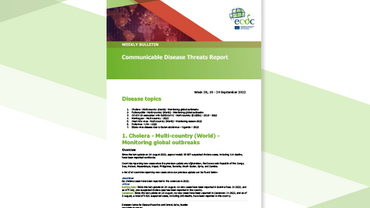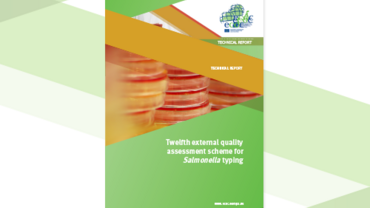External quality assurance scheme for Haemophilus influenzae 2009
Haemophilus influenzae is a common cause of respiratory tract infections and its surveillance is of the utmost importance. ECDC promotes the performance of External Quality Assurance (EQA) schemes, in which laboratories are sent simulated clinical specimens or bacterial isolates for testing by routine and/or reference laboratory methods. In January 2009, a collection of six strains of Haemophilus spp. and one other microorganism (Aggregatibacter aphrophilus, which could be misidentified as Haemophilus spp.) was sent to 26 participating reference laboratories in the IBD-Labnet surveillance network for quality assurance testing. The laboratories were requested to perform standard protocols for the methods usually used for: species identification, biotyping and serotyping by serological methods and/or PCR. Antimicrobial susceptibility tests and beta-lactamase testing were also requested for those laboratories that perform antimicrobial susceptibility testing of the isolates on a routine basis. This report presents the results of this exercise.






